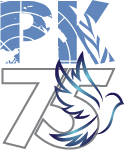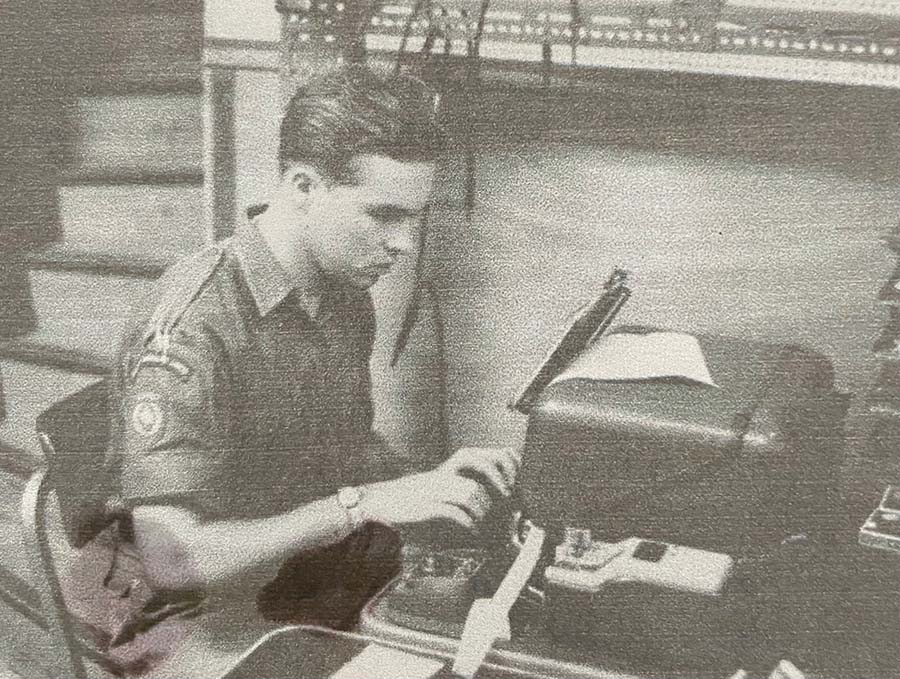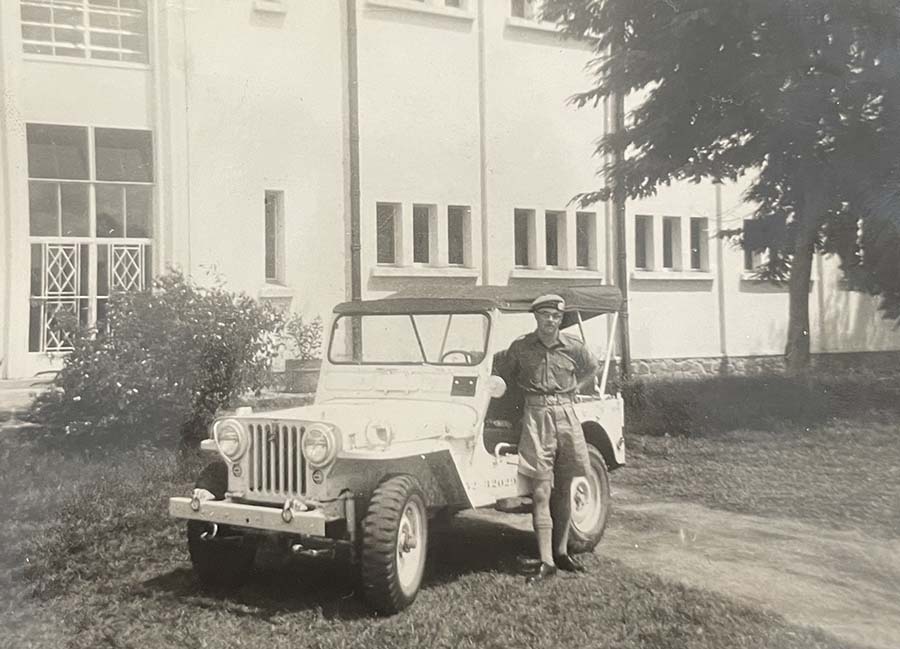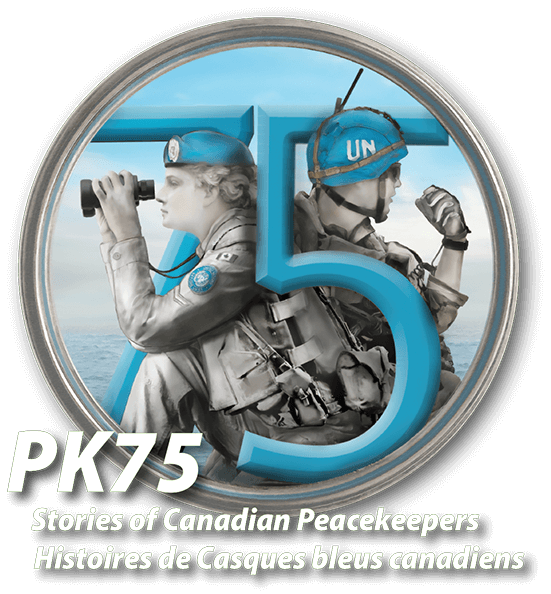

Toronto, ON, Canada
Allan Bainbridge
Current Location: Durham Region, ON, Canada
It was late February 1962 and I was the radio technician for the 3rd Battalion Royal 22nd Regiment in CFB Valcartier, QC. The Signals officer told me I’d been selected to do a Peacekeeping tour in the Congo from March–September, and I would be going to 57 Canadian Signals Squadron in Leopoldville.
I was nervous because the first Canadian Signals personnel that went were captured by the Congolese army and assaulted. They had sent bilingual paratroopers and the Congolese army had mistaken these Canadians for Belgian paratroopers and attacked them.
The trip to Leopoldville was my first time on an airplane. We left Trenton on a Comet Airliner and flew to Shannon, Ireland and then on to Pisa, Italy. On day two of our journey, we boarded an aircraft called a NorthStar. It was extremely noisy and was probably older than I was. At the end of the runway was a huge church with a tall steeple. The captain revved the engine to maximum, released the brakes and away we went. We were hurtling down the runway and I was pushed back into my seat, but the plane was not lifting off. We were headed towards the church at a rapid speed and, at the last second, we rose up, banked right and headed out across the Mediterranean Sea to Africa. What a relief!
We hopscotched across Africa taking another two days to arrive in Leopoldville. We were glad to land as we had eaten enough eggs, bangers, and beans to last a lifetime.
The city of Leopoldville was a modern place with many great buildings. Unfortunately, the infrastructure was starting to fall apart as they didn’t have anyone to do repairs. We lived in a seven-storey apartment building and each apartment had about ten soldiers in it. At one end of the building there was a large hole in the wall. Every evening at dusk, about a thousand bats flew out of this hole. The entire top floor was unusable due to the bat infestation. The kitchen was in the garage under the building and the mess hall was a large tent in the parking lot. There were two small monkeys in the trees around the kitchen and we used to feed them which did not impress the cooks. On my first day I was told to keep my knife, fork and spoon in my mail slot. This turned out to be a rookie mistake and when I returned at noon my knife and fork were gone. For the rest of my tour I kept my remaining spoon in my pocket. I was thankful it was a spoon as you can’t eat soup with a fork!
The job of our squadron was to send messages to all the cities in the country. We transmitted and received signals using AM transmitters with teletype on radio signals. Our site was at a local high school and the grounds were our antennae park. At the end of June, I was sent to Elizabethville, 1000 miles from Leopoldville in the rebel province of Katanga. We were on full alert and had to carry weapons with 90 rounds of ammunition. My job was to maintain the equipment. The teletype technician and I also had to go to the airport three times a week to pick up rations for the detachment. This kept us busy. While working one night I broke my glasses. The army policy was not to issue spare glasses and I couldn’t find anywhere to get mine fixed, so I had to go two months without glasses. This certainly made driving interesting.
At the end of August, I returned to Leopoldville to prepare to go home but the interesting events weren’t over yet. The Friday before I returned home, Moe Wickett and I got stuck in the elevator for three hours and wound up missing our supper. We did take a nap while everyone worked to get the doors open and get us out. On the Monday before heading home, a lineman told me of a place downtown that could fix my glasses, and it was great to be able to see again. On Tuesday, we left Leopoldville, flew to Pisa, Italy and stayed for 2 days for plane repairs, and then flew home to Canada.
Biography
Allan was born on Friday, 13 September 1940, to Evered and Irene Bainbridge a stationary engineer and a secretary. The oldest of three boys, Allan grew up in the city of Toronto and on a farm in Durham Region. He learned the value of hard work as a teenager by helping his father on the farm and working for other local farmers.
After graduating from high school, Allan taught grades one to eight for a year in a rural community in Northern Ontario, then joined the Canadian Armed Forces (CAF) in Toronto and started basic training at the Royal Canadian Regiment Depot in London, ON from January–June, 1960.
Allan was then posted to Kingston, ON in September of 1960, for training as a Radio Technician at the Royal Canadian School of Signals. He subsequently had postings to Canadian Forces Base (CFB) Gagetown and CFB Valcartier. His first United Nations (UN) Peacekeeping tour was from March–September 1962 in the Congo. He was then posted to the Royal Canadian Armoured Corps School in Camp Borden in 1962.
Allan married his beautiful wife, Karen, in July 1964 and they had two daughters in 1967 and 1970. Two months after his youngest daughter was born, Allan did his second UN Peacekeeping tour, this time in Cyprus from April–October, 1970. Shortly after this tour, he and his family were posted to Lahr, Germany where they lived from 1971 to 1974. Allan was then posted to HQ and Signals Squadron in Calgary at which time they decided to expand their family and became foster parents to two brothers. During their stay in Calgary, Allan did his third UN Peacekeeping tour, again in Cyprus, from April–October, 1976.
When Allan was posted to Petawawa in July 1978, he and his wife petitioned the foster care system to allow them to bring their sons with them to another province. Thankfully, they were successful, and the family remained united through this posting and the next which was to Downsview in July 1981.
In 1982, after serving in the army for 23 years, Allan decided to retire from the CAF and pursue a career with the Canadian Broadcasting Corporation (CBC), working downtown Toronto in the satellite room of the CN Tower and at the CBC Building on Front Street. Allan worked for the CBC until his retirement in 2002. He now resides with his wife in Durham Region, ON and has enjoyed helping to raise his four grandchildren, traveling, attending car shows in his 1956 Chevrolet, participating in UN Peacekeeping events, speaking at schools about his experiences, and being an active member of the Uxbridge Legion.

Al Bainbridge, Message Centre, Leopoldville.

Al Bainbridge at the transmitter site, Leopoldville.


